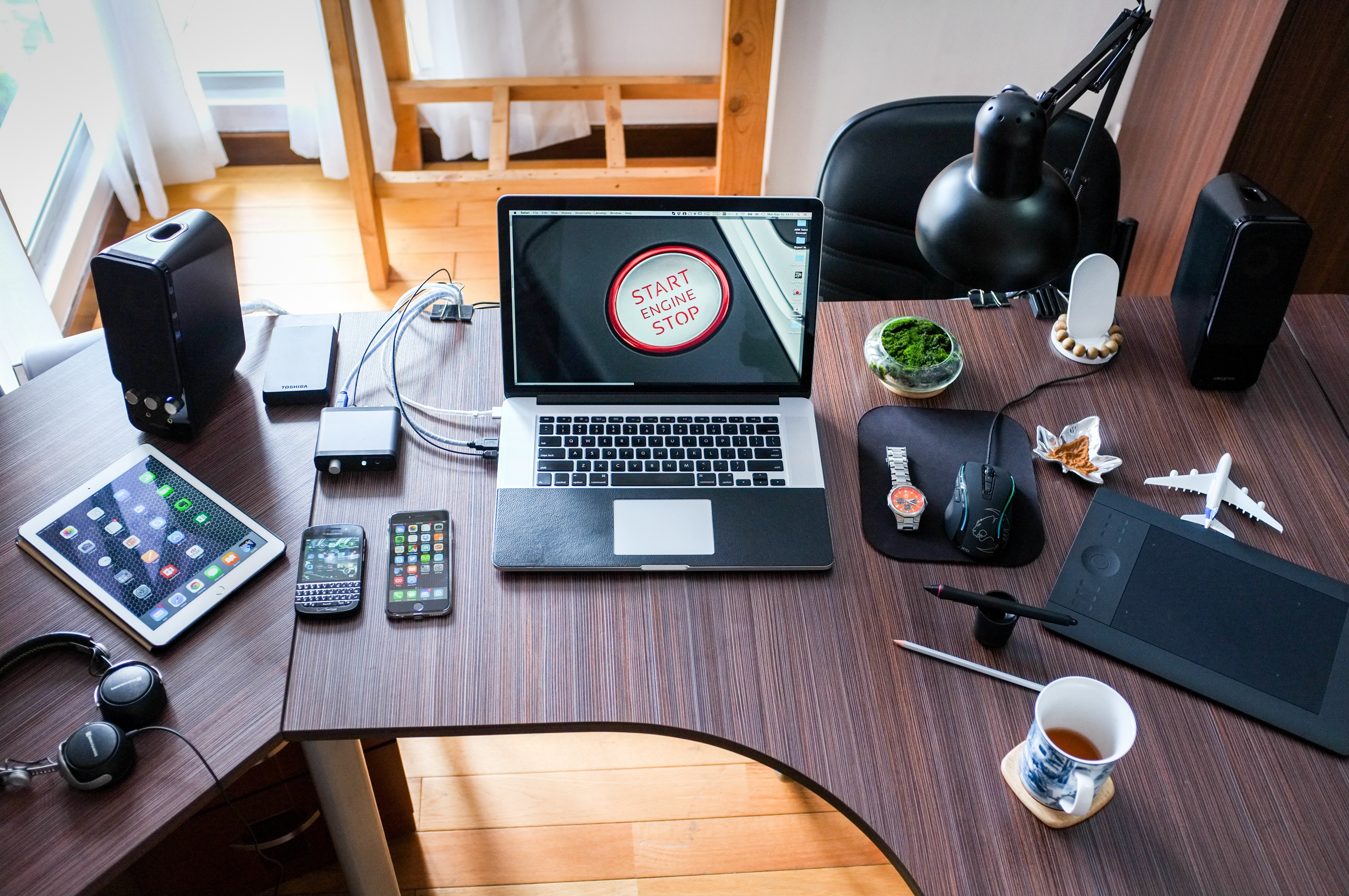
The rise of affordable personal technology has hastened a transition to more sedentary work habits and leisurely lifestyles. Where once we may have walked to a shop or, yes, played outside.These days it’s common to hit eBay or Amazon before firing up the iPad or Playstation for a few hours.
Worldwide Obesity Has Doubled Since 1980
According to a 2012 study by the Milken Institute think tank, one factor is an increase in “screen time.” (The hours we spend in front of computers, video games, TVs and, of course, smartphones.)
The study also found a link between how much a country invests in information technology and how obese its citizens are. For every 10-percent increase in technology spend, there was a one-percent increase in the rate of obesity. (The report attributed this to the shift towards a knowledge-based economy, where more value is placed on information than on physical services.)
Americans Top The List
33.8 percent of adults obese, children are catching up, with a strong correlation between screen time and childhood obesity — especially for children who are already overweight.
“We are seeing a shift from screen time in front of the TV to what’s happening on cell phones and tablets,” says Dr. Indira Abraham-Pratt, a licensed psychologist at Florida Hospital’s Center for Child and Family Wellness.
She says there is a link between increased screen time and lesser frequency of family meals, a factor in childhood obesity.
“The less family meals are occurring, the more prone children are to being overweight or obese,” says Abraham-Pratt.
Abraham-Pratt says that family meals are good opportunities for growing children to develop good eating habits based on parental models. Whereas the alternative is often eating in front of a computer or smartphone, both kids and adults overeat because they aren’t paying attention to the food.
Of course, the gadgets we know and love aren’t exclusively responsible for a lack of mindfulness at mealtime. Eating while immersed in that new vampire romance paperback can be an equally bad food habit, but a far larger proportion of children have a fixation with screens than with books. “On a societal level, more children are prone to spending excessive time on their phones or video games, than on books,” Abraham-Pratt says.
How to counteract it:
For starters, don’t eat in front of a screen. While we grownups may be stuck staring at computer screens for work, limit screen time to one to two hours per day for children. Abraham-Pratt says. Kids who are still developing their social, personal and motor skills need the time to interact with other kids and to work on those pitching arms. Abraham-Pratt also recommends getting at least one hour of physical activity daily. “Fitness apps and activity trackers can definitely be a good thing,” she says. “They hold you more accountable and increase awareness of activity.”
Recent Comments